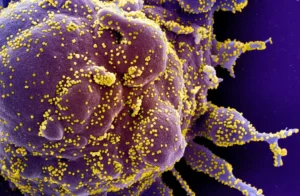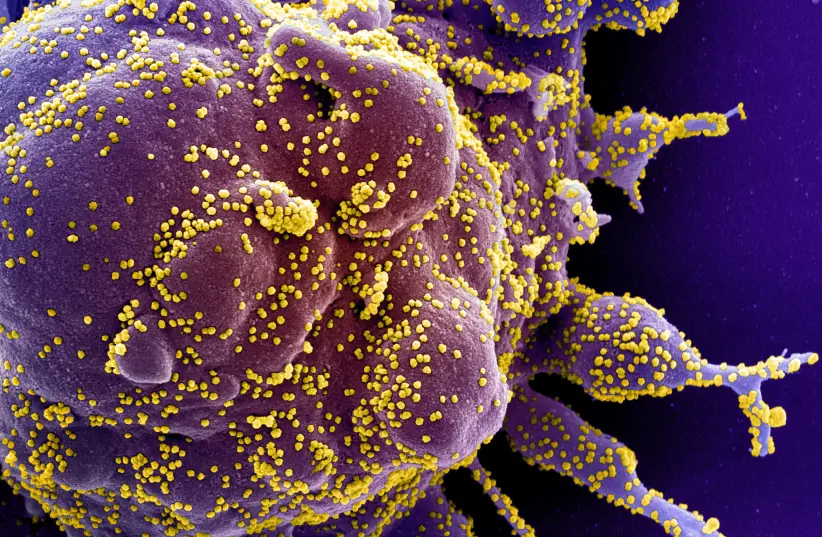A University of São Paulo study analyzed data from 43 scientific articles and about 11,500 athletes.

Researchers from the University of São Paulo found that 8% of athletes have debilitating persistent symptoms after being diagnosed with COVID-19, according to a new peer-reviewed study published in the British Journal of Sports Medicine.
The study, funded by the São Paulo Research Foundation, analyzed data from 43 scientific articles and about 11,500 athletes, according to Karina Toledo from the foundation.
The researchers analyzed data from acute COVID-19 cases in order to determine severity and manifestations, in addition to post-COVID symptoms, said principal investigator Prof. Bruno Gualano of the University of São Paulo’s Medical School.
“We analyzed data from acute cases to appraise manifestations and severity, as well as persistent symptoms reported after the virus had been eliminated from the organism,” he said, according to Toledo. “This scope is more comprehensive than what has become generally known as long COVID, The article offers a real compendium on the topic and can be used as a guide by professionals who provide healthcare for athletes.
The cases included in the study were screened for eligibility based on whether they were amateur, professional or college athletes, whether they presented data during and after the acute phase of infection and whether they had an observational design.

Findings
“In the longest follow-up study, persistent symptoms were not resolved in 3% of Olympic and Paralympic athletes 90 days following symptom onset, with a range of 0–148 days for symptoms resolution.”
Study
The study noted that currently, athletes generally experience mild COVID-19 but there is a lack of understanding regarding postacute symptoms in athletes.
The researchers conducted sensitivity analyses to identify the rates of acute symptoms among only professional athletes and only college athletes.
“Eleven studies reported on post-acute COVID-19 symptoms,” the main study read. “Of these, six found no persistent symptoms, whereas five reported persistent symptoms in 1.2%, 5.9%, 14%, 18% and 79% of the participants. In these studies, the timeframe for postacute symptoms ranged from at least 10 days after positive test and end of self-isolation period to [more than] 28 days. The pooled event rate for postacute symptoms was 8.3%.”
Exercise intolerance
Furthermore, the researchers found that 3% of the subjects developed exercise intolerance, which Gualano noted can be a serious issue for athletes’ careers, according to Toledo.
“We found that 3% developed exercise intolerance,” said Gualano. “This isn’t a serious or life-threatening disorder, but in the world of sport it can be a problem. For elite athletes, any difference in preparation can determine who wins medals because competition is fierce.”
Anosmia/dysgeusia, or altered sense of smell and taste, was a commonly reported symptom among athletes surveyed.
“The most common symptoms reported were anosmia/dysgeusia (29.9%), cough (16.2%), fatigue (9.1%), chest pain (8.3%) and headache (6.4%),” the main study read. “In the longest follow-up study, persistent symptoms were not resolved in 3% of Olympic and Paralympic athletes 90 days following symptom onset, with a range of 0–148 days for symptoms resolution. In the largest study involving 3597 collegiate athletes, 44 (1.2%) had persistent symptoms [for more than] 3 weeks, 28 (0.8%) had symptoms [for more than] 4 weeks and 2 (0.06%) had symptoms [for more than] 12 weeks.”
The main study argued that there is currently no systematic review of acute and postacute COVID-19 cases in athletes and that understanding these cases is critical for determining protocols and properly screening at-risk people.
Long COVID
Reuters reported in June that a study based in the United Kingdom found that the Omicron SARS-CoV-2 variant may be less likely to cause long COVID than other variants.
Reuters contributed to this report.

